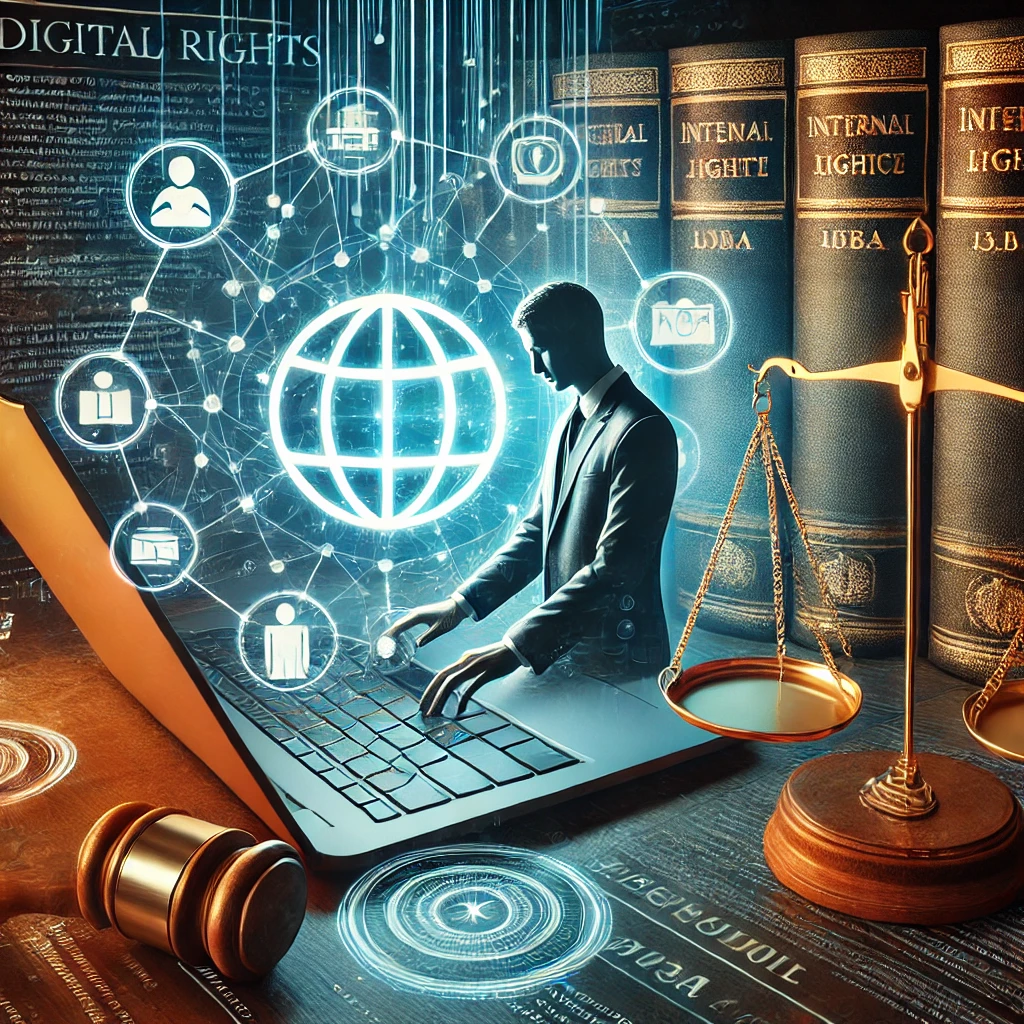Cyber Law at Aruba (Netherlands)
Cyber Law in Aruba is influenced by its status as a constituent country within the Kingdom of the Netherlands. While Aruba has its own legal system and some local laws, it also adheres to certain Dutch and international laws, especially those related to cybercrime, data protection, and digital security.
Here's an overview of Cyber Law in Aruba:
Overview of Cyber Law in Aruba
Aruba has been taking steps to regulate cyberspace, combat cybercrime, and protect personal data, largely following guidelines and regulations set by the Netherlands and European Union law.
🔐 Key Legal Frameworks
Aruban Penal Code (2012)
The Aruban Penal Code contains provisions for cybercrimes, including hacking, fraud, and the unauthorized use of computers and networks.
The Code criminalizes acts like:
Unauthorized access to data or systems.
Computer-based fraud.
Malware attacks, including distributing viruses or other malicious software.
Cyberstalking and online harassment.
Data Protection Law (APTA - 2014)
Aruba's Data Protection Law aligns with international data protection standards and aims to ensure the privacy and security of personal data.
APTA covers:
Consent for data processing.
Rights of data subjects (access, rectification, and erasure).
Security measures for protecting personal data.
Notification requirements in case of data breaches.
General Data Protection Regulation (GDPR)
As part of the Kingdom of the Netherlands, Aruba must comply with the General Data Protection Regulation (GDPR) of the EU when handling personal data of EU citizens or residents.
GDPR has a significant impact on the protection of personal data across all sectors and emphasizes transparency, accountability, and the enforcement of individuals' data rights.
Telecommunications and Cybersecurity Framework
Aruba follows Dutch telecommunications laws concerning the security of telecommunication networks and services.
These laws ensure that telecom operators are responsible for ensuring the confidentiality, integrity, and availability of networks.
Cybersecurity measures are aligned with international practices, with a focus on network security, incident response, and public-private cooperation.
Cybercrime Laws in the Kingdom of the Netherlands
While Aruba has its own legal framework, Dutch laws on cybercrime often apply to the island as well.
Key laws include:
The Dutch Penal Code: Contains provisions related to hacking, phishing, and other cybercrimes.
The Computer Crime Act: Enforces legal penalties for unauthorized access to computer systems and networks.
Aruba’s legal framework is based on the Dutch Penal Code for most cybercrime issues, especially those that involve international jurisdiction.
🛡️ Cybersecurity and Enforcement Agencies
Aruba Police Cybercrime Unit
Responsible for investigating and enforcing laws related to cybercrime, such as hacking, identity theft, and online fraud.
Aruba has also cooperated with Dutch law enforcement (e.g., the Dutch National Cyber Security Centre) for cases involving international cybercrime.
Aruba’s Ministry of General Affairs
Has been involved in developing national strategies to promote cybersecurity and digital resilience.
The ministry has supported awareness initiatives for individuals and businesses on the importance of cybersecurity.
The Dutch National Cyber Security Centre (NCSC)
While NCSC operates in the Netherlands, it provides support for Aruba (and other Caribbean territories of the Netherlands) on cybersecurity incidents and policy development.
🌍 International Cooperation
As part of the Kingdom of the Netherlands, Aruba adheres to international agreements and cooperates with entities like:
INTERPOL (for cybercrime investigations).
Europol (for cross-border cybercrime cooperation).
Caribbean regional cybersecurity initiatives to combat cyber threats in the region.
Aruba is also subject to international conventions and is an active participant in global efforts to fight cybercrime, including:
The Budapest Convention on Cybercrime (though not a signatory, Aruba often abides by its principles due to its association with the Kingdom of the Netherlands).
💻 Challenges and Areas of Focus in Aruba's Cyber Law
Cybercrime Awareness:
Aruba is still growing its capacity to address emerging threats such as ransomware, online fraud, and data breaches.
There has been a need for greater public awareness and cybersecurity education for individuals and businesses to prevent cyber threats.
Data Privacy:
The GDPR compliance is a major challenge, especially for small businesses and local enterprises that handle personal data of European citizens.
Aruba’s data protection laws are based on Dutch frameworks, but local enforcement and adaptation to global standards can be complex.
Regulating Emerging Technologies:
As Aruba increases its digital infrastructure, the legal regulation of emerging technologies like blockchain, AI, and IoT remains an area of attention.
Policies are being developed to ensure that innovations are secure and comply with local and international standards.
🧑⚖️ Cybercrime Cases and Notable Incidents in Aruba
Ransomware Attacks: Like many countries, Aruba has faced incidents of ransomware targeting local businesses. The government and law enforcement agencies have worked to mitigate these risks.
Online Fraud: Scams related to fake online stores or fraudulent e-commerce websites have been a growing concern.
✅ Summary Table of Cyber Laws in Aruba
| Area | Status in Aruba |
|---|---|
| Cybercrime Laws | Aligned with Dutch laws; covers hacking, fraud, etc. |
| Data Protection | Follows APTA Law and GDPR regulations |
| Cybersecurity Framework | Strong cooperation with Dutch agencies |
| International Cooperation | Collaborates with INTERPOL, Europol, Caribbean Cybersecurity Initiatives |
| Emerging Threats | Increasing focus on cybersecurity awareness and regulation of new tech |
🌟 Conclusion
Aruba is making significant strides in regulating its digital space, with a legal framework largely influenced by Dutch law and international standards like GDPR. However, like many small countries, it faces challenges in terms of enforcement, public awareness, and adapting to rapidly evolving cyber threats.












comments